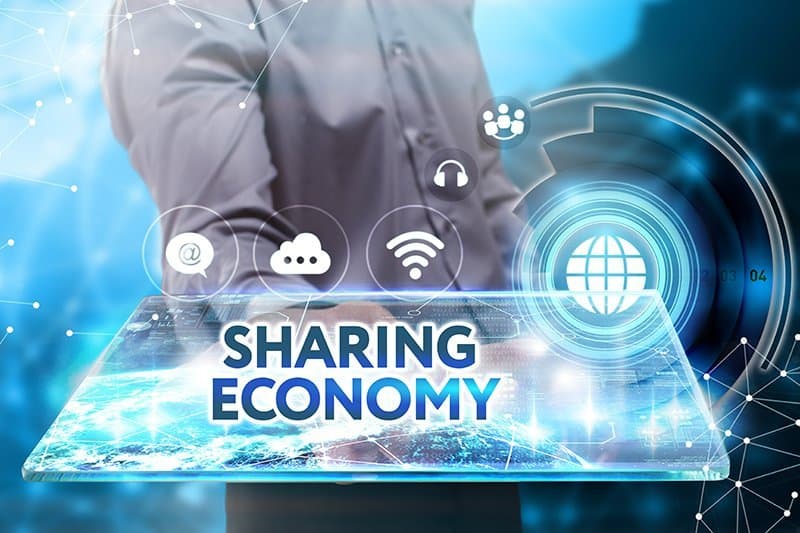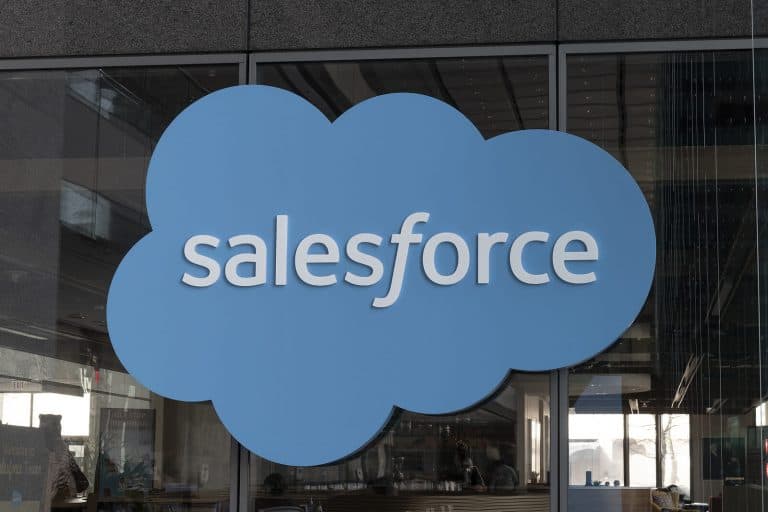News stories about the safety of ride sharing and issues with other sharing economy services do not seem to have dented the public’s enthusiasm for these technology based services. Convenience and the possibility of getting a bargain sees continuing rapid growth in adoption of sharing platforms.
The popularity of the sharing economy for summer travel booking has tripled within two years, with 50 percent of travelers likely (26 percent very/ 25 percent somewhat) to use services like Uber, Lyft and Airbnb this year compared to 36 percent in 2016 and 17 percent in 2015, according to the third annual Allianz Travel Insurance Sharing Economy Index released today by Allianz Global Assistance USA.
The first year-on-year survey to track consumer confidence in the sharing economy market for travel planning showed that this growth correlates with the uptick in familiarity with these services. As the years have progressed, familiarity has significantly increased across all sharing economy services with Airbnb showing 51 percent (up 32 percent from 2015) familiarity among Americans and Lyft (56 percent; up 41 points from 2015) having seen the largest increase in familiarity. Other services are also doing well with familiarity including Uber (73 percent/ up 38 percent from 2015), HomeAway (30 percent/ up 20 percent from 2015), Feastly (16 percent/ up 12 percent from 2015) and GetAround (18 percent/ up 11 percent from 2015).
| Comparison of Americans’ Likely To Use and Familiarity of Sharing Economy Services | |||||
| 2015
Likely to Use |
2016
Likely to Use |
2017
Likely to Use |
2015
Familiarity |
2016
Familiarity |
2017
Familiarity |
| 17 percent | 36 percent | 50 percent | 47 percent | 66 percent | 78 percent |
While familiarity and likelihood of using sharing economy services have risen significantly since 2015, fewer than two in ten (17 percent) Americans are willing to say they are “very trusting” of services, leaving the majority (83 percent) at least somewhat skeptical (48 percent somewhat trustworthy/ 13 percent not very trustworthy/ 5 percent not at all trustworthy/17 percent not sure).
The hesitation for some Americans to trust the evolving gig economy may be the result of recent negative stories in the news. On learning of the latest reports of safety and regulation concerns relating to ride-sharing services, one in three (35 percent) Americans say they are now less likely to use these services in the future. Conversely, half (50 percent) reported that this news has no impact on their decision to use ride-sharing services.
“In the years that we’ve conducted the Sharing Economy Index, it has been incredible to see the significant growth in familiarity and use of sharing economy services for summer travel,” said Daniel Durazo, director of communications at Allianz Global Assistance USA. “We’re seeing more and more travelers, especially millennials, utilizing services like Airbnb because they are seeking value and a locally authentic experience.”
When pitted head-to-head with traditional travel services, the sharing economy is seen by Americans as the better value (35 percent; up nine percent from 2016) and provides a more authentic local experience (33 percent; up 11 percent). While traditional services still outperform the sharing economy when it comes to customer service, for many Americans, the experience is the same, regardless of which service is being used.
A full infographic and video highlighting the survey’s findings are available for download.
The Sharing Economy Index has been conducted each summer since 2015 by national polling firm Ipsos Public Affairs on behalf of Allianz Global Assistance USA.
Security is also a concern as people head off on vacation, ideas of reducing your cybersecurity risks on vacation can be found here






